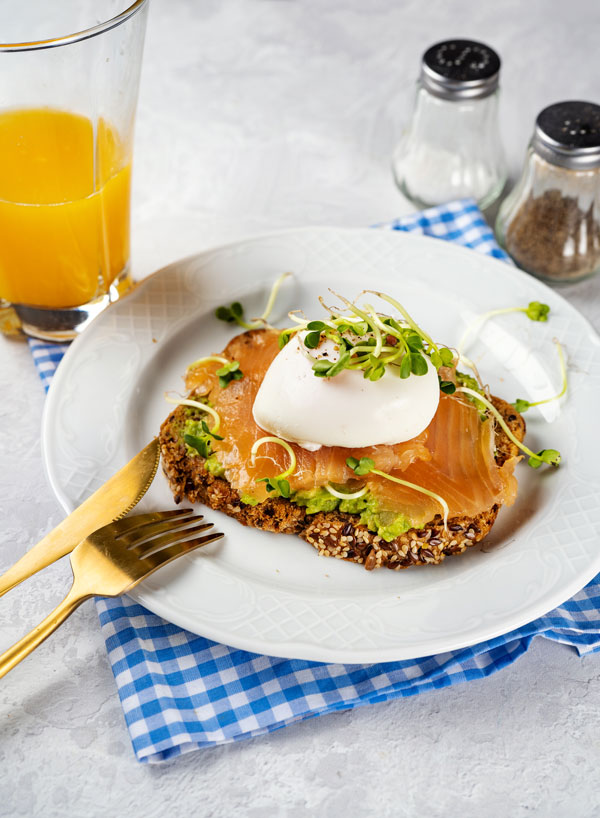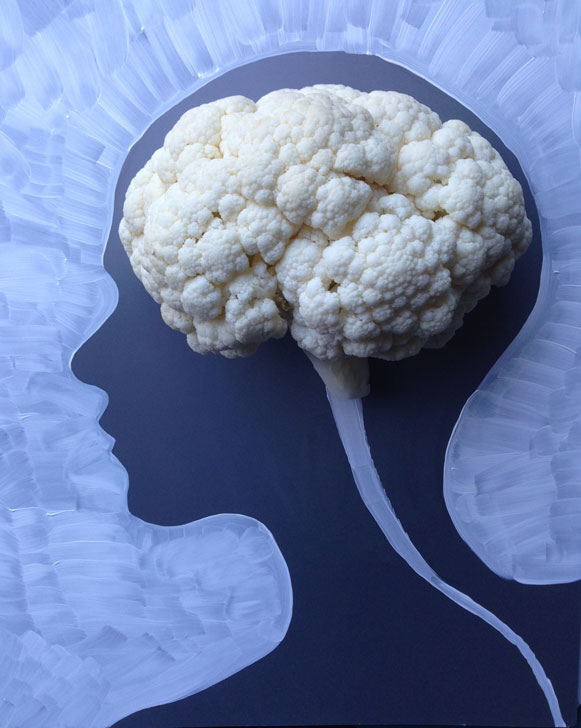Daily performance is built on a balanced diet for mind and body, which should include sufficient amounts of water, protein, carbohydrates, fats, fats, proteins, minerals and vitamins.
You are what you eat

The alarm on your smart phone, which is much smarter than it should be, goes off punctually at 7 a.m., a couple of hours after a rooster has already woken up from a country backyard on a hill, bathed in the first rays of the morning sun
but who remembers the country rooster, which is one moment cooking a great borsch in a fancy restaurant? We live in the capital, where more than 2 million souls have lost touch with their motherland.
Back to our alarm clock, which at 7 a.m. announces the start of a day whose agenda contains hourly tasks.
You are obviously tired after yesterday’s last meeting at 7 p.m., which woke you up with anxiety about the next project you have to implement. You’ve gone to bed sweated with thoughts and you wake up with the plan for the next 12 hours (yes, twelve hours!) where colleagues, partners will each want something from you to make their day easier.
With these thoughts running around in your head, it’s obvious that you can’t sit down for breakfast and you head to the espresso machine for a ristretto to energise you for the first part of the day.
While the coffee is brewing in that expensive machine, you head to the bathroom for your morning routine and come back to sip on the delicious, freshly brewed brew.
You feel a little more alive, so you hurriedly get dressed, fasten your shoelaces, not feeling that it’s a little harder to bend over, and head off to the car waiting for you in the car park, ready to join the busy traffic, a classic of the start of every working day.
Meetings and tasks start flowing into the office first thing in the morning, and somewhere around 11.30 a.m. a budget meeting is announced, with the prospect of a stormy one.
Everything goes according to plan, both positive and negative. The tasks on the agenda follow one after the other, and the budget meeting quickly becomes a heated one, with conflicting positions and arguments that require protracted debate.
The hours fly by, and lunch becomes just another unattained desire.
Noon is suddenly on the agenda, you’ve missed another meal of the day, and your stomach sends you desperate signals from time to time, to which your only response is a sandwich snatched from the vending machine on the ground floor of the office building where you work.
After that snack and another coffee, you feel like you can go on until the evening, when you tell yourself that dinner can’t be missed.
You tick task after task in your diary and, just before 7pm, you make your way through the evening traffic, which is about as busy as the morning.
After nearly two hours, during which you’ve also made a stop at the supermarket where you’ve picked up something quick for dinner, you step through the door of the flat you left in a rush half a day ago.
You put the lasagne you just bought in the oven, uncork the bottle of red wine, then take a comforting shower and change into something more casual.
This quick dinner and a freshly loaded comedy on Netflix are your moments of relaxation after a day when everything has been running around you.
You barely make it to the end of the film, which doesn’t seem as funny as those good comedies of the ‘old days’, then you throw the dishes in the sink and head to bed.
Before you drift off to sleep, you have a few questions on your mind: “Why is it getting harder and harder for me to solve problems? Why am I finding it harder and harder to concentrate on my daily activities? Have my attention and memory waned?”.

Give your brain what it needs

The brain needs water, carbohydrates, proteins, fats (unsaturated fatty acids), vitamins and minerals to be able to work at its best. The brain needs all of these at all times, so it is best taken regularly, in the form of several small meals, to distribute performance evenly throughout the day.
Water is naturally involved in all metabolic activities and, in particular, in the flow of information in the brain. Adequate water intake improves blood circulation and thus oxygen supply to the brain.
A fluid intake of two litres a day, in the form of water, is necessary for the cognitive functions of the brain.
For us to have energy, the brain needs carbohydrates, especially glucose, which it needs to be constantly supplied with. Glucose is a simple sugar that the body absorbs directly, for example, from fruit, or is made from other carbohydrates such as cane sugar or starch.
We have access to many healthy carbohydrate-rich foods such as wholegrain cereals, vegetables, potatoes, pulses and fruit.
Proteins, which are also made up of amino acids, are part of the brain’s structure. Among other things, this is crucial for the functioning of the nervous system. There are about 500 amino acids, 20 of which are of particular importance because they are part of proteins. Of this total of 20 amino acids, the body cannot produce eight itself. They must therefore be taken from food. Foods such as fish, lean meat, eggs, milk and dairy products, pulses and soy products are rich in protein.
Nerve cells are surrounded by a fat-rich myelin sheath, a kind of insulation. Omega-3 fatty acids are particularly important for brain function. They are found mainly in oily fish – mackerel, herring, tuna, salmon, and sardines.
The brain needs more than vitamins to produce messenger substances and protect cells from free radicals. Minerals and trace elements are also assigned a variety of tasks that are important for mental capacity, intellectual performance, concentration, and memory.
Arginine, vitamins B6 and B7, and magnesium play an important role in optimising basic cognitive functions, memory and concentration, and in maintaining nervous balance.